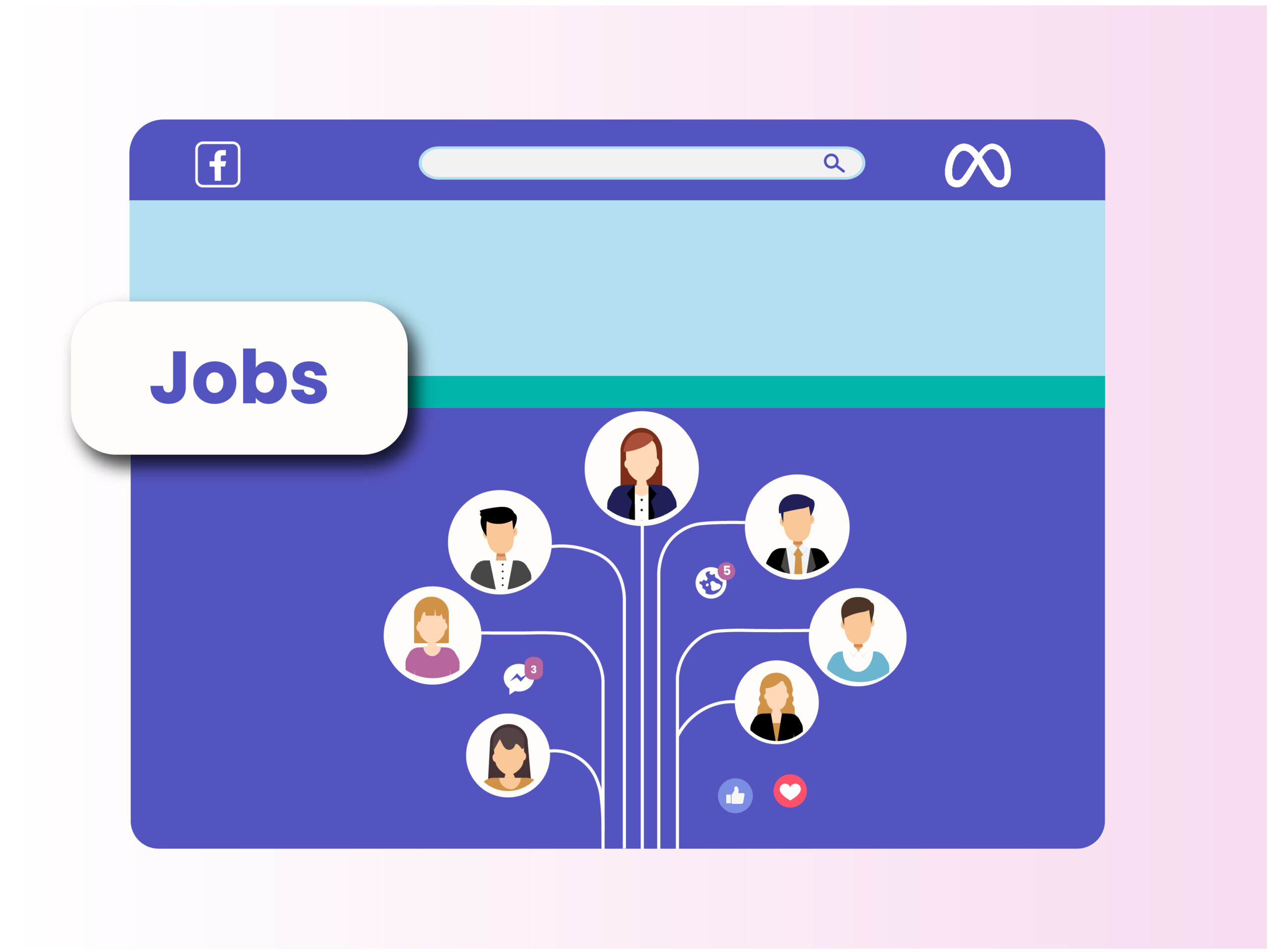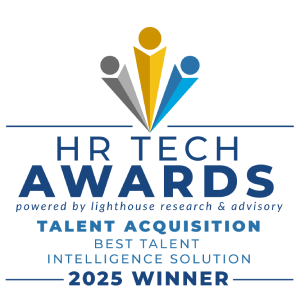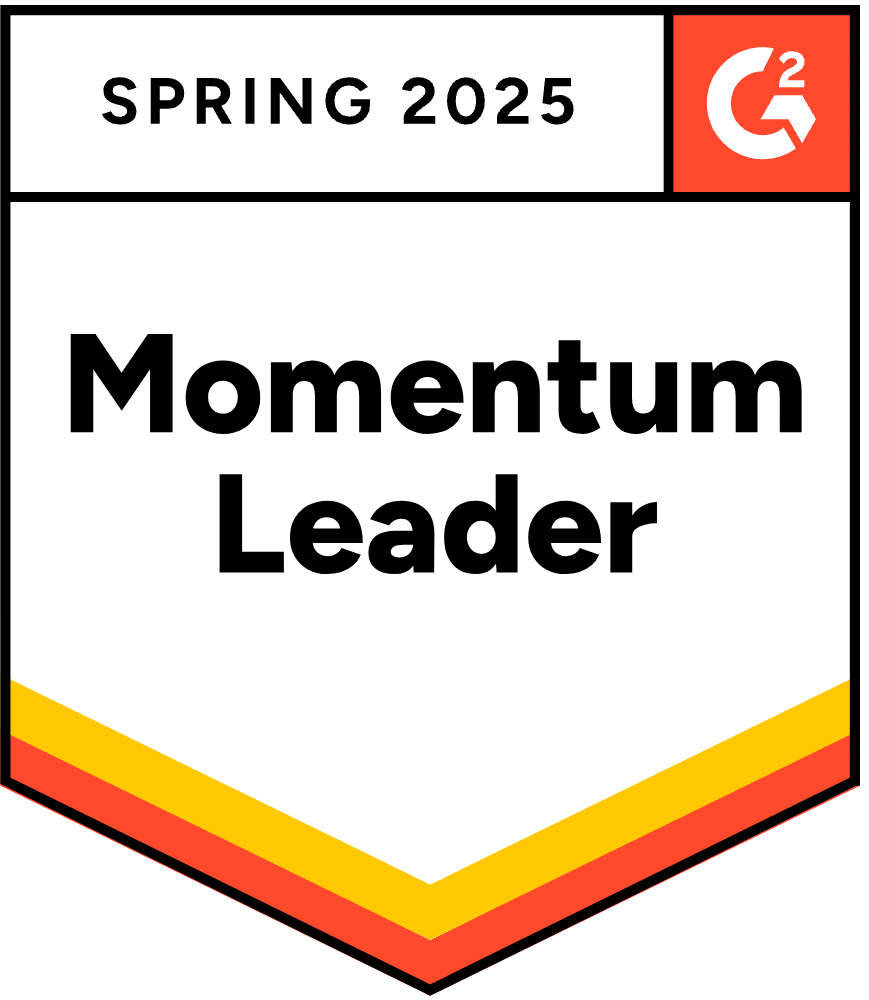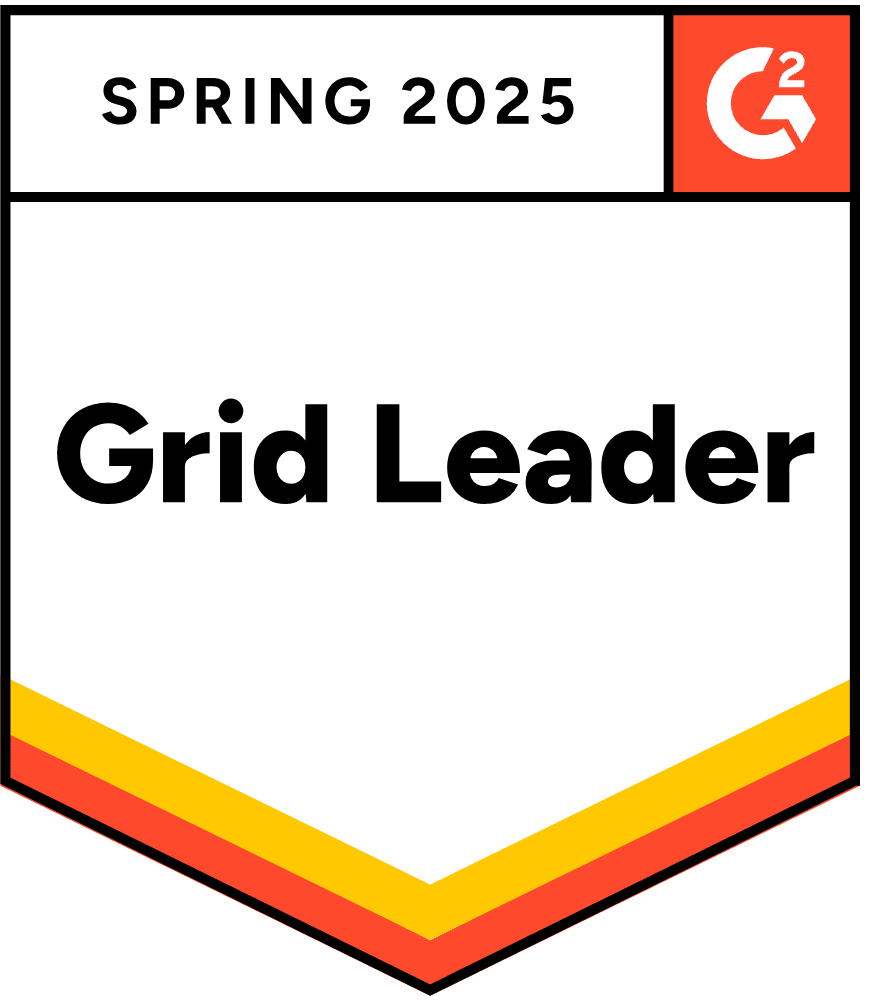What Is Employer Branding?
Employer branding is all about how your company is perceived as an employer, by both your current employees and potential candidates. It’s the image or reputation your company has as a place to work.
A strong employer brand is not just about having a cool logo or a fancy office space, it is also about your company’s leadership, values, and overall culture.
Imagine someone asks one of your employees, “What’s it like working there?” They’re not going to talk about the products or services you offer. They’ll likely mention things like how the company treats its people, the work environment, and the company culture. To build a strong employer brand, you need to tell a compelling story about what makes your company a great place to work.
However, it’s not just about what you say; it’s also about what you do. Simply saying you’re a great place to work because you have a ping-pong table in the break room won’t suffice. Your actions, policies, and how you treat your employees need to match the story you’re telling about your company.

Why is Employer Branding Important?
Employer branding is crucial for several reasons. For one, it helps you attract top talent. In today’s competitive job market, skilled professionals have options. A strong employer brand can make your company stand out, attracting high-quality candidates who are excited about the opportunity to work for you.
Employer branding also improves employee retention. When employees are proud of where they work and feel connected to the company’s values and culture, they’re more likely to stay. This reduces turnover and the costs associated with hiring and training new employees. A strong employer brand can also lead to higher levels of employee engagement and productivity. When employees feel valued and aligned with the company’s mission, they’re more likely to go the extra mile in their work.
Overall, committing to developing a terrific employer brand means you are making an investment in your company’s overall success. It helps you attract and retain top talent, enhance your reputation, and drive employee engagement and productivity.
Who Is Responsible for Employer Branding?
Who’s in charge of employer branding can differ based on how big or small a company is and how it’s set up. In smaller organizations, the CEO or HR leads may oversee employer branding. Larger companies might rely on HR, communications, or marketing departments. Some have dedicated teams for this purpose.
However, it’s important to recognize that employer branding is not solely the responsibility of one department or individual. It is a collective effort that involves everyone in the organization. Founders, CEOs, C-suite executives, managers, HR, and marketing teams all play a role in shaping the employer brand through their actions, decisions, and interactions with candidates and employees.
Building a strong employer brand requires collaboration, communication, and alignment across all levels of the organization. When everyone is committed to promoting a positive employer brand, it can lead to increased employee satisfaction, higher retention rates, and a stronger overall company culture.
Benefits of a Strong Employer Brand
- Ability to attract top talent: A strong employer brand attracts high-caliber candidates who are aligned with your company’s values and culture. For example, companies like Google and Apple are known for their innovative cultures, which attract top talent looking for dynamic work environments that promote creativity.
- Reduced time and cost to hire: When your company has a positive reputation, candidates are more eager to apply for your job openings. This leads to a shorter hiring process and lower recruitment costs, saving you time and money in the process.
- Better employee engagement: Employee engagement is key to a successful organization, and a strong employer brand can significantly improve it. When employees feel valued at their work and are aligned with the company’s values, they are more motivated and engaged in their work. This results in higher productivity and a more positive work environment.
- Improved retention: Employees are more likely to stay with a company that they feel proud to be associated with. This reduces turnover rates, which can be costly and disruptive to business operations.
- Improved company culture: When employees are proud to work for your company and feel connected to its values, they are more likely to collaborate, communicate, and work together effectively. This leads to a more positive and productive work environment for everyone.
- Enhanced company reputation: Enhanced company reputation is perhaps the most visible benefit of a strong employer brand. When your company is known as a great place to work, it not only attracts top talent but also improves its reputation among customers, investors, and other stakeholders. This can lead to increased business opportunities and a more positive overall image in the marketplace.
How to Build Your Employer Brand?
It is always a good idea to have a step-by-step approach for crucial projects like this. It helps ensure each phase is solid before moving on and establishes the strong foundation required for a compelling brand.
Get familiar with your company
Building a strong employer brand begins with a deep understanding of your company’s core values, mission, and culture. Start by having internal conversations with employees across different levels and departments to gain insights into what they value most about working at your organization. Analyze your company’s website, social media presence, and any other public-facing resources to understand how your employer brand is currently being portrayed. Gather feedback from current and former employees to identify areas of strength and improvement. By getting familiar with your company, you can lay a solid foundation for building an authentic and compelling employer brand because you have a good understanding of where you are starting.
Define your employer value proposition
Your employer value proposition (EVP) is a key component of your employer branding strategy. It should clearly articulate why candidates should choose to work for your company over others. To define your EVP, identify what sets your company apart as an employer of choice. This could include factors such as career development opportunities, a supportive work environment, competitive compensation and benefits, or a strong company culture. By defining your EVP, you can create a compelling narrative that resonates with your target audience and helps differentiate your company in the competitive job market.
Promote your employer brand
Once you have defined your EVP, it’s important to promote your employer brand to attract top talent. Leverage multiple channels such as your company’s website, social media platforms, job postings, and employee referral programs to communicate your employer brand effectively. Use these channels to highlight your company’s culture, values, and unique employee benefits. For example, showcase employee testimonials, company events, and community initiatives to give potential candidates a glimpse into what it’s like to work at your organization. By actively promoting your employer brand, you can attract qualified candidates who align with your company’s values and culture.
Track your progress
To ensure the effectiveness of your employer branding efforts, it’s essential to track key metrics and analyze your progress over time. Monitor metrics such as employee satisfaction, retention rates, quality of job applicants, and employer brand awareness. Use this data to evaluate the impact of your employer branding initiatives and make informed decisions about future strategies. Regularly review your employer brand metrics to identify areas of improvement and refine your strategy accordingly. By tracking your progress, you can continuously enhance your employer brand and position your company as an employer of choice in the marketplace.
Tips to Amplify and Improve Your Employer Brand
- Audit your existing employer brand: Conducting an audit helps you understand how your brand is perceived by employees and potential candidates. It allows you to identify things that are working, areas for improvement and ensure consistency in your messaging and practices.
- Develop a strong EVP: An EVP communicates why your company is a great place to work. It helps attract top talent by highlighting your unique culture, values, and benefits and therefore it’s crucial to invest time and effort in developing your EVP.
- Leverage social media extensively: Social media platforms are powerful tools for showcasing your employer brand. They allow you to engage with a wide audience and share authentic stories about your company culture in the form of interesting content.
- Invest in employee development and advocacy: Supporting employee growth and empowering them to be brand advocates can significantly enhance your employer brand. Happy employees are more likely to speak positively about your company.
- Foster diversity and inclusion: A diverse and inclusive workplace not only enhances employee satisfaction but also improves your employer brand. It shows that you value and respect all employees, regardless of their race, gender, and/or background.
- Provide a positive candidate experience: The candidate experience reflects your ways of working as an organization. A positive experience, even for candidates who aren’t hired, can leave a lasting impression and encourage them to recommend your company to others and apply again in the future.
- Measure brand reputation: Tracking metrics related to your employer brand, such as employee satisfaction and retention rates, can help you gauge the effectiveness of your efforts and make informed decisions.
- Gather candidates’ and employees’ feedback: Listening to feedback from candidates and employees is crucial for understanding their perceptions of your employer brand. It allows you to identify areas for improvement and make necessary changes.
- Keep evolving with time: The job market and workforce preferences are constantly changing. It’s important to adapt your employer brand strategy to stay relevant and competitive in attracting and retaining top talent.
From vision and objectives, to understanding underrepresented job seekers, and designing an inclusive approach to hiring, we’ve got you covered.
Looking To Up Your DE&I Game?
Employer Branding Examples and Ideas

Google’s employer branding strategy is centered around innovation, creativity, and employee satisfaction. They offer benefits like flexible work arrangements and on-site wellness centers, which contribute significantly to employee happiness. With a Glassdoor rating of 4.4/5, it’s clear that employees value these perks and the company’s culture.
The company has a solid reputation for fostering an environment where employees are encouraged to explore ideas, take risks, and grow both personally and professionally. They prioritize open and transparent communication, using platforms like internal social networks to keep employees connected and engaged. This approach shows Google’s commitment to fostering a sense of belonging among its workforce.
Salesforce

Salesforce’s employer branding strategy revolves around community engagement and social responsibility. They encourage employees to participate in volunteer and charitable activities.
As a global leader in customer relationship management, Salesforce positions itself as an employer that values making a positive impact on the world. Their Trailhead platform not only provides employees with valuable skills but also reinforces the company’s commitment to continuous growth and learning. By offering employees the opportunity to contribute to meaningful causes and drive change, Salesforce aligns its employer brand with purpose-driven professionals.
Starbucks

Starbucks’ employer branding strategy revolves around community, sustainability, and creating a sense of belonging. The company aims to positively impact the world and has set a goal to become resource positive by 2030.
The company also leverages a strong social media presence to enhance its employer branding. The company uses dedicated Instagram and Twitter accounts to share highlights of its employer brand and interact with prospective candidates. They share employee success stories, highlighting their College Achievement plan, which offers 100% tuition coverage for a first-time bachelor’s degree through Arizona State University’s online program. This strategy helps showcase Starbucks as an employer that values its employees’ growth and development.
Hubspot

HubSpot’s employer branding strategy centers on employee well-being and work-life balance. Their “Culture Code” emphasizes transparency, autonomy, and flexibility, recognizing that a healthy work environment fosters creativity and productivity.
To support this, HubSpot uses internal communication platforms to keep employees informed about company news, goals, and successes. This approach not only enhances transparency but also reinforces the company’s commitment to a supportive work culture. HubSpot’s focus on employee well-being and open communication showcases its dedication to creating a positive and engaging work environment, making it an attractive employer.
Canva

Canva’s employer branding strategy is built around its vibrant and dynamic culture. The company emphasizes creativity and collaboration, fostering a fun and engaging workplace for its employees. With an impressive employee satisfaction rate of 86%, Canva stands out as a company that prioritizes employee well-being and values a positive work environment. This commitment to creating a supportive and enjoyable workplace not only attracts top talent but also contributes to Canva’s reputation as a desirable employer.
L’Oreal

L’Oreal’s employer brand revolves around beauty, diversity, and sustainability, encouraging employees to embrace their individuality. The company has received recognition for its efforts in promoting diversity and inclusion, with various awards and initiatives.
Here’s what the brand says: “At L’Oréal Groupe, we have a long term commitment to equal opportunities on diversity, equity and inclusion. With teams around the world made up of 168 nationalities, we take into account all skin and hair types, all genders, all identities, all cultures, all ages.”
Conclusion
Employer branding is a critical component of any successful talent acquisition strategy. Whether you’re a startup looking to establish your reputation as an employer of choice or a well-established company aiming to enhance your image, investing in an employer brand is always a wise choice. Start building your employer brand today and watch your organization flourish in the competitive job market.
FAQs
What is employer branding, and why is it important?
Employer branding refers to how a company is perceived as an employer. It’s important because it helps attract and retain top talent, enhances company reputation, and improves employee engagement and productivity.
How can a company improve its employer brand?
A company can improve its employer brand by getting familiar with its values and culture, defining its employer value proposition, promoting its brand through various channels, and tracking its progress to make necessary adjustments.
What are some examples of successful employer branding strategies?
Successful employer branding strategies often include showcasing company culture and values, offering competitive employee benefits, providing opportunities for career growth and development, and actively engaging with employees and the community.
How does employer branding differ from corporate branding?
Employer branding focuses on how a company is perceived as an employer, including its reputation among employees and job seekers. Corporate branding, on the other hand, is about the overall brand image of the company, including its products, services, and values.
How can social media be used to enhance employer branding?
Social media can be used to showcase company culture, highlight employee achievements, share job openings, and engage with potential candidates. Platforms like LinkedIn, Twitter, and Instagram are particularly effective for building and promoting employer brands.
Looking to streamline your recruitment efforts?
- Try our Job Description Optimizer for quick, effective job descriptions.
- Forecast your ad spend with the CPA Calculator.
- Need help choosing vendors? Explore our RFP Templates for expert guidance.
Also read:



























